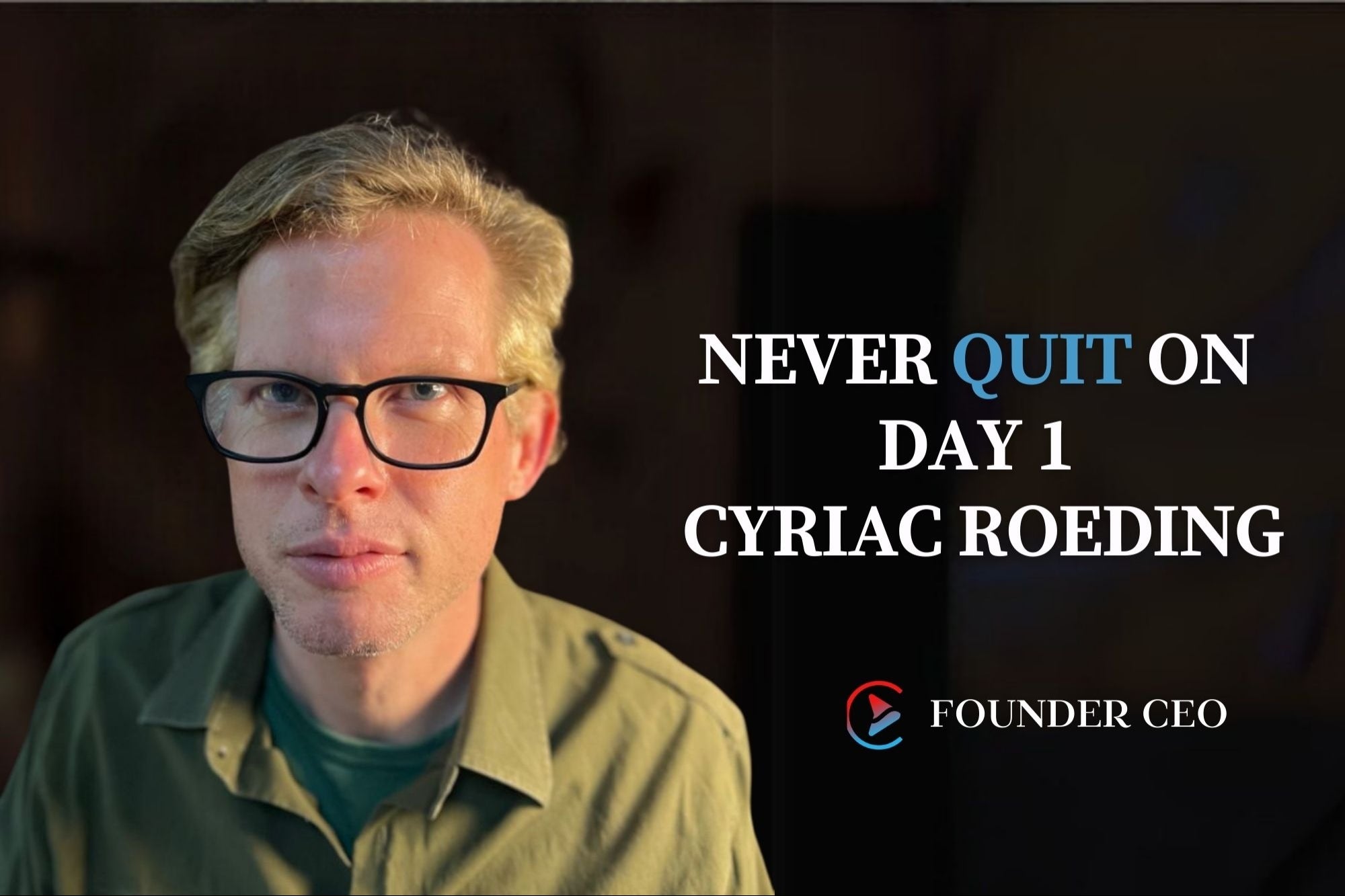4 Options for Raising Capital From Friends, Investors or Even the Feds Few entrepreneurs are self funded, all the rest need to jump through hoops and negotiate a web of rules.
By John Boitnott Edited by Dan Bova
Opinions expressed by Entrepreneur contributors are their own.
If you're thinking about raising funds for your startup (known as a security offering in the U.S.) you had better get at least somewhat familiar with the regulations involved. The Federal Securities Act governs how you raise a round, and has a say in your "securities transaction communications" -- such as U.S. mail, telephone calls, and the Internet. Federal law also usually requires a registration document that explains the nature of the "securities sale" and the nature of the service being offered. This document is then reviewed by the Securities and Exchange Commission (SEC) for any discrepancies and to insure compliance with regulations.
So you'll need to raise some capital, and you'll need to do it to the satisfaction of highest government authorities; especially if you are doing a registered public offering. The SEC has a whole slew of regulations governing these things, and you could do worse than hire reputable professionals to help you deal with them. In general, most entrepreneurs shouldn't be left up to their own devices when navigating an IPO, or other things like various Small Business Association reports or quarterly 10-Q reports. Whether you get help or not, here are some fundraising options you should consider.
1. Going public.
Startups go public with a number of good reasons, and the reasons often are different for each company. Should you decide on such a registered public offering, then the Securities Act requires you to file at least one registration statement at the SEC prior to offering your company's securities to the public. This process is sometimes called an initial public offering, otherwise known as an "IPO." Your corporation may not legally sell the securities covered in the registration statement unless and until the SEC declares the registration statement "legitimate." Having a post-IPO plan in place before the offering even happens is also a wise move. Potential investors, as well as government agencies, are going to want to know what you'll be doing with the money entrusted to your care.
Related: How to Sell Shares Without Going Public
2. Non-public offering.
This is also known as a "private placement." Although it's not under the same SEC authority as public offerings, you are still obligated to follow SEC protocols here. Rule 506(b) provides fixed standards that the company must stick to. These include no advertising or marketing of the offering to the general public. This means that the non-public offering is generally offered to a set of "accredited investors" only.
"An accredited investor is an investor that meets the income or net worth tests established by the SEC," says John Lore, managing partner of Capital Fund Law Group. "For individuals, the investor must have a net worth or joint net worth with his or her spouse exceeding one million dollars or meet a $200,000 per year annual income threshold ($300,000 if combined with spouse)."
A limited number of unaccredited investors can join as well if they are considered "sophisiticated," or knowledgeable about the risks and rewards offered by the company making the offer. In other words, a bank vice president would be considered a proper person to approach about the offer, while the janitor that cleans the vice president's office would probably not be considered a fair prospect. Also, in most cases your family and friends are not considered "accredited" either.
3. Grants and contracts.
The federal government offers a huge number of grants and contracts. These grants and contracts come with an abundance of rules and regulations. The Office of Management and Budget (OMB) is in charge of most of those regulations. If you are not familiar with the difference between direct and indirect cost, what a pass-through entity is, or how to calculate a real overhead rate, you should hire someone who knows all this to collaborate with you on your startup grant-writing. Some of the biggest players when it comes to federal grant money are the Fish and Wildlife Service, the National Science Foundation and the Environmental Protection Agency.
4. Capital from family and friends.
Loans from family and friends make up a frequent strategy used by startups to raise capital. The SEC has no rules governing this way of raising funds. However, if the money is given without a promissory note or any interest charged, the IRS will look at it as a gift, and not a loan, and that will change the tax basis for everyone involved.
Raising capital for your startup does not have to be a grueling obstacle course if you follow these four basic options. While funding is becoming harder to obtain by traditional methods, there are still plenty of ways to find the resources you need to launch your business dream. If an IPO won't work, try family and friends. If that doesn't pan out, try getting a grant from Uncle Sam.
Related: The Best Way to Ask Friends and Family for Seed Capital










